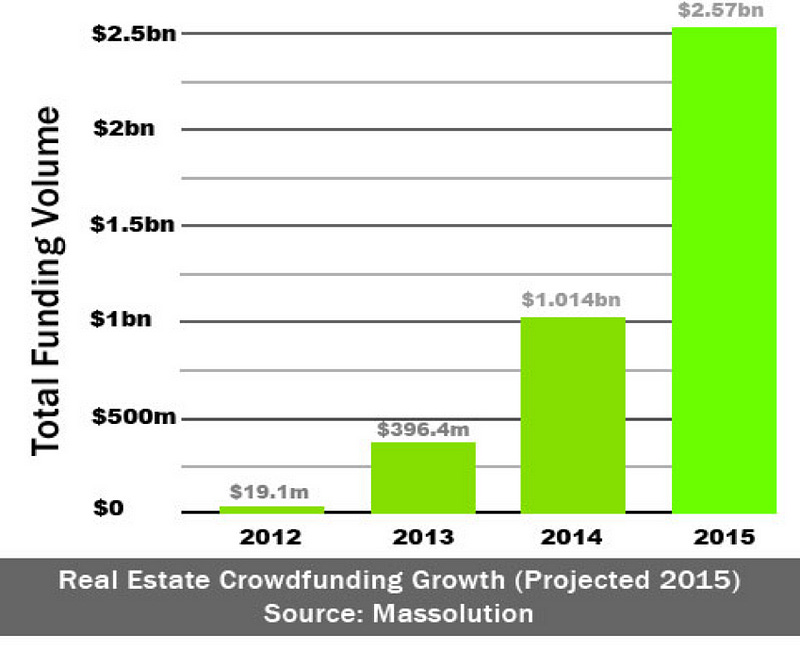Why Data Analytics, Marketplaces, and other Real Estate Tech are well positioned to succeed
As 2016 closes I will share insights associated with the methodology and outcomes of my 3 (edtech, fintech, real estate tech) updated investment theses. The goals of “Notes on a Thesis” are to 1) present my research, 2) connect with relevant founders, 3) cultivate a discussion around the thesis, and 4) provide templates for aspiring VCs.
Notes on a Thesis
Posts on the construction, findings & output of my Investment thesismedium.com
Startups like Realtor.com, Trulia, and Zillow placed historically inclusive data to the general public. This has resulted in more informed consumers in residential markets and realtors/brokers leveraging tech to differentiate themselves. The trend of placing property data on the internet has created a real estate market that is much more transparent and accessible. This process has shifted the way consumers, developers and property asset managers view operations. These trends coupled with the rise in crowdfunding platforms creates a unique opportunity for Real Estate Tech solutions to meet the needs of digital natives. I’ve seen that there are 3 key byproducts of the Real Estate Tech 1.0 era:
The emergence of big data demands a shift in real estate professionals’ roles: The information divide between the industry and consumers has blurred. This has begun to cause real estate professionals to rethink how to remain relevant in this more transparent real estate market.
Technology presents advantages and access for real estate investing: Professionals are limited in the analysis due to Excel and other dated platforms. Data analysis tools can provide investment advantages while investing platforms connect developers with new sources of capital.
Consumers prefer finding real estate and space using tech instead of talking to brokers: As millennials take a greater role in the residential and commercial markets, their preferences will be more vital. More than 50% of them search for homes on mobile and amongst that group, 26% end up buying a home.
The success of real estate startups will be a function of their analytic capabilities, as opposed to online information from traditional property owners in the residential, commercial or industrial markets. The proliferation of real estate information on the internet has created consumer demand and has resulted in an emergence of real estate tech startups. The current market conditions signal that there is a strong opportunity for startups to address the inefficiencies in the consumer and enterprise real estate markets.
Let’s get real: Access to the asset class
Despite 49% of the world’s wealth being held in property, only 12.9% of the world has access to real estate investment. With the JOBS Act, crowdfunding provides more investors. Investors can benefit from marketplaces, which connect individual and institutional investors with property developers. The platforms solutions open a further source of financial capital for real estate developers (approx. $2.5B), and a new investment class for many investors — improving cost transparency and connecting new markets. However, I believe platforms need to specialize in specific markets/asset types where their developer partners can provide quality deals for the new segment of investors, who are looking to invest $5K or more.
Let’s get real: Enterprise tools that address industry issues
The business of real estate is less about managing physical assets and more about empowering teams of executives, investors, accountants, property and project managers, and third-party service firms to make complex unified decisions. Effective real estate technology enterprise platforms will leverage access to data and solve the pain points of practitioners, including workflow, the speed of transactions and transparency. The traditional maze of approvals, documents, messages and reports should become a logical set of inputs and outputs that can be remapped in a logical method with analytics and transaction tools. Another area of interest is how to manage space. Property managers are looking for tools that help them optimize the revenue and cost levers, including energy management and flex space.
There are so many advances that have occurred in the technology space that can be applied to the real estate industry that would produce immense value to all stakeholders in the industry.
Earnest Sweat is an Entrepreneurial Engineer for Camelback Ventures and an Investor in Residence for Backstage Capital. If you have any questions or requests please connect with Earnest through LinkedIn, Twitter, or AngelList.
If you liked what you read tap or click “♥︎” to help to promote this piece. #readingEarnest






